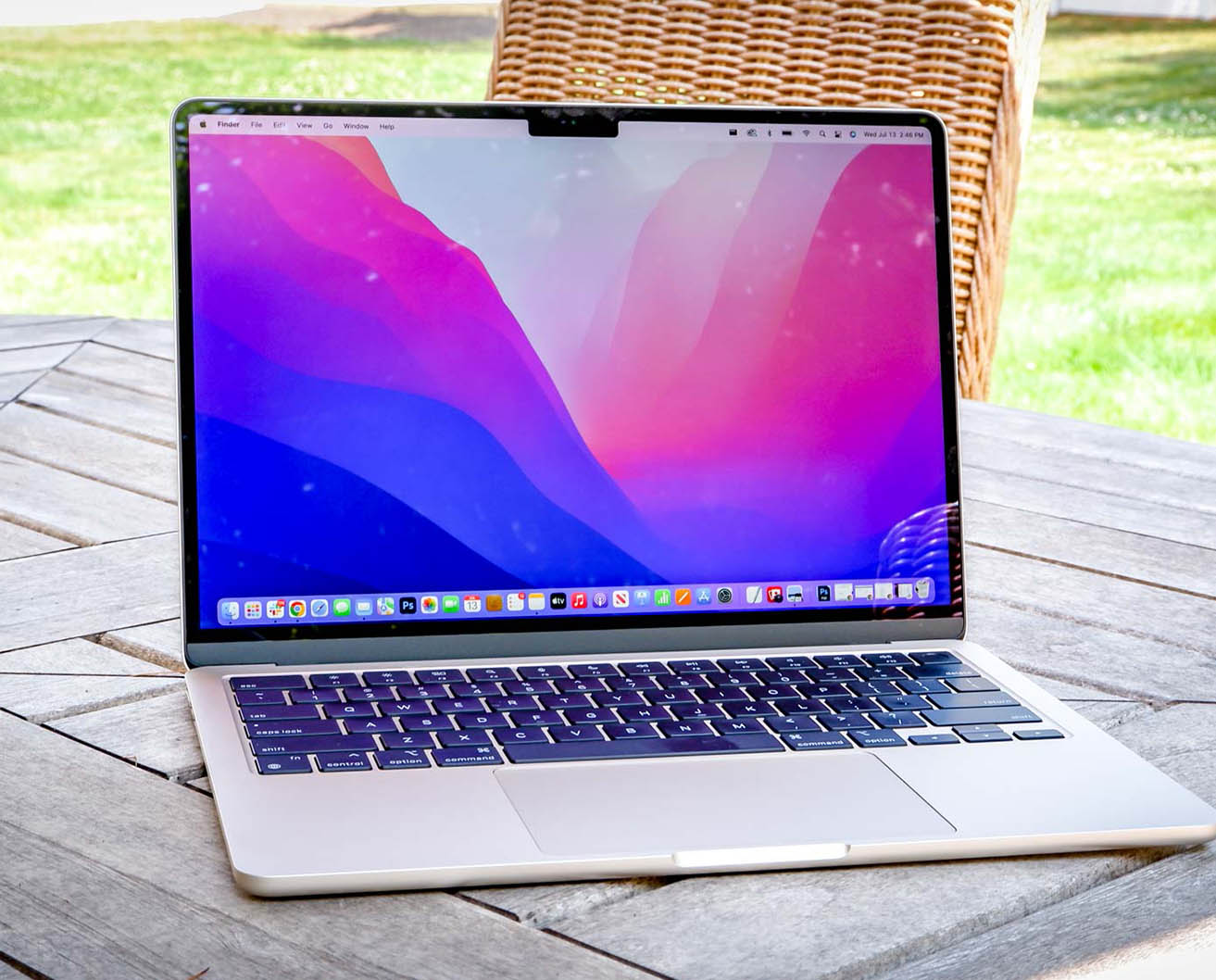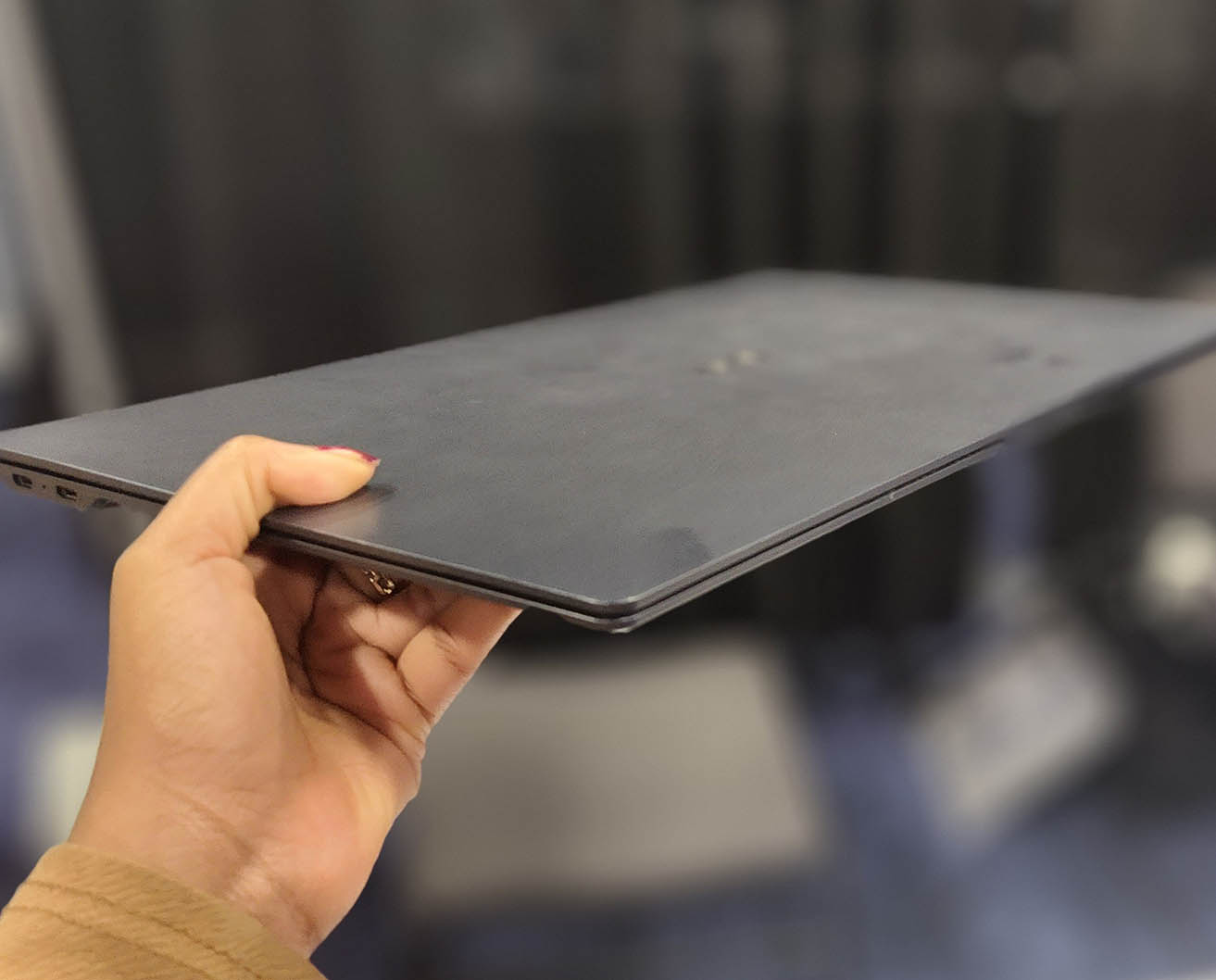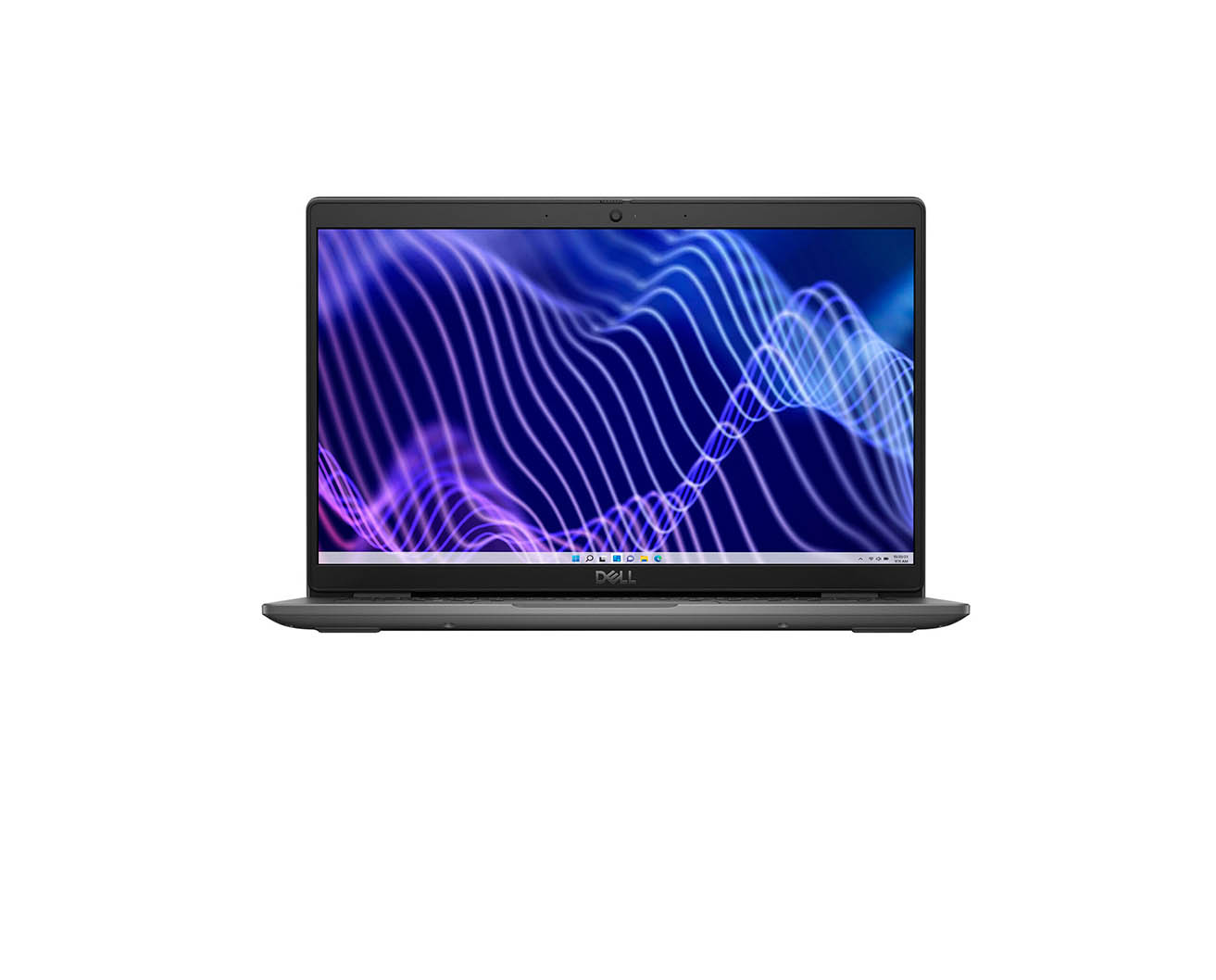Computers are essential tools in our daily life and work, and we always care about their performance and longevity. Whether it’s a laptop or a desktop, over time, we tend to unknowingly adopt certain bad habits that can affect the computer’s performance, even shortening its lifespan. Have you ever experienced your computer running slowly, crashing unexpectedly, or losing its performance? In fact, these issues are often the result of some bad habits that we don’t realize. Today, I will share seven bad habits that can destroy your computer, helping you avoid these mistakes and prolong the life of your computer.
1. Ignoring Overheating Issues
I used to overlook the issue of my computer overheating until it started running sluggishly and shutting down automatically. Overheating is a big enemy of computers, especially laptops, as their compact size and less efficient cooling systems make them more vulnerable. When the computer gets too hot, it not only affects performance but can also damage hardware.
How can you prevent overheating? First, ensure your computer is placed in a well-ventilated area. Don’t put it on soft surfaces like a bed or sofa, as this can block airflow. Also, regularly clean the computer’s fan and cooling system to prevent dust buildup, which can impede heat dissipation. Lastly, if you’re using your computer for extended periods, consider buying a cooling pad to improve cooling and avoid excessive heat.
2. Letting Dirt, Dust, and Liquids Build Up
Have you ever spilled a drink on your keyboard or left dirt and dust to accumulate on your computer? These seemingly harmless actions can greatly reduce the lifespan of your computer. Dust can get inside the computer, clogging fans and heat sinks, leading to overheating and, in the worst-case scenario, hardware damage. Liquids can short-circuit electrical components, damage batteries, and other sensitive parts.
To avoid these problems, keep your workspace clean and try not to eat or drink near your computer. Clean the surface of your computer regularly with a professional cleaning tool or a damp cloth to wipe away dust. If you accidentally spill liquid on your computer, disconnect the power immediately and use a clean cloth to absorb the liquid, making sure it doesn’t seep into the internal components.
3. Careless Laptop Use
Many people have the habit of using their laptops carelessly, such as placing them on a bed or using them on an uneven surface. These practices can lead to damage over time. Laptops require a stable environment, unlike desktop computers, which can be placed almost anywhere.
To extend the lifespan of your laptop, always place it on a flat and firm surface. Avoid placing it on soft surfaces like beds or couches that may hinder proper ventilation. Additionally, be mindful of not pressing hard on the keyboard or touchpad, as rough handling can cause internal damage.
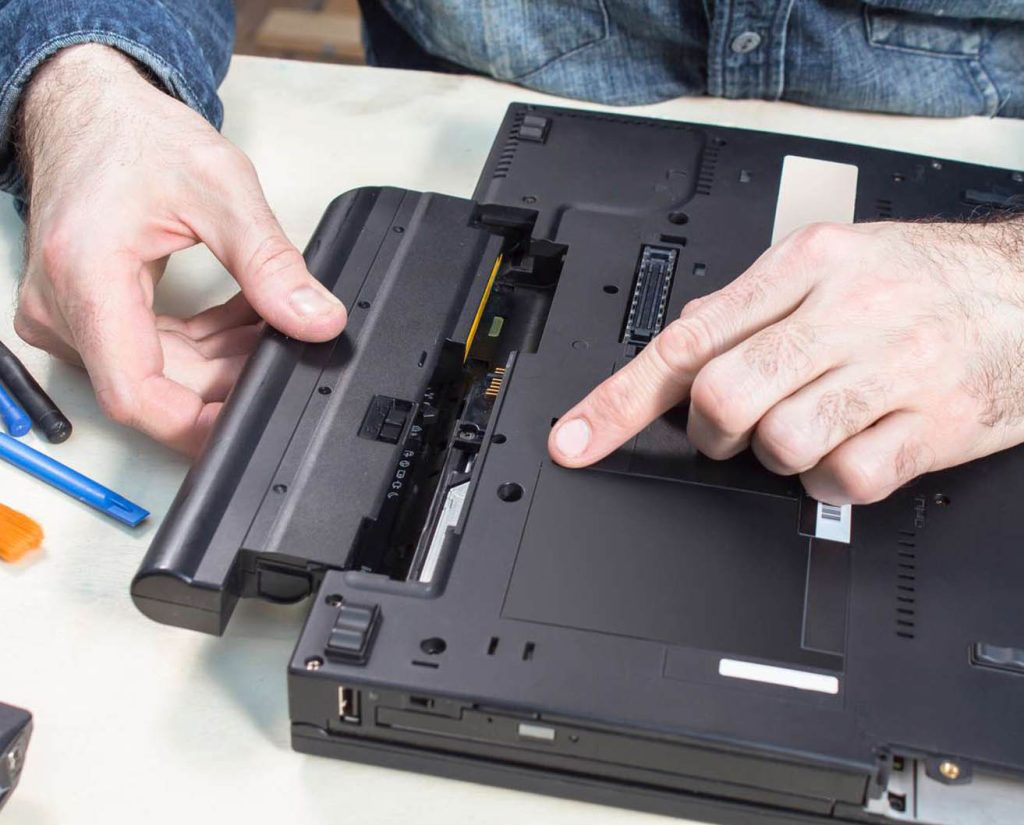
4. Poor Management of Old Batteries
The lifespan of a laptop battery decreases with time. If you don’t manage the battery properly, it may lead to overcharging or deep discharging, which can significantly shorten the battery’s lifespan. This is particularly crucial for laptops, as the health of the battery directly impacts user experience.
To extend the battery’s life, avoid letting it discharge completely and try not to keep it at 100% for extended periods. Modern laptops usually offer battery health management options that allow you to set a specific charge range to avoid overcharging or deep discharging. Also, check the battery health regularly and replace it when necessary to avoid performance issues.
5. Ignoring Electrical Safety
Electrical safety is crucial for your computer’s well-being. We all know that the power adapter is the “lifeline” of a laptop, but many people may overlook electrical safety issues, such as frequently yanking the power cable or plugging the adapter into unstable sockets. These actions can lead to potential harm to your computer.
To ensure electrical safety, avoid pulling the power cable. Always unplug the adapter by holding the plug, not the cable. Ensure the power socket is stable and avoid using damaged power cables or adapters. You might also want to consider using a surge protector to avoid damage from power surges.
6. Over-stressing Cables and Ports
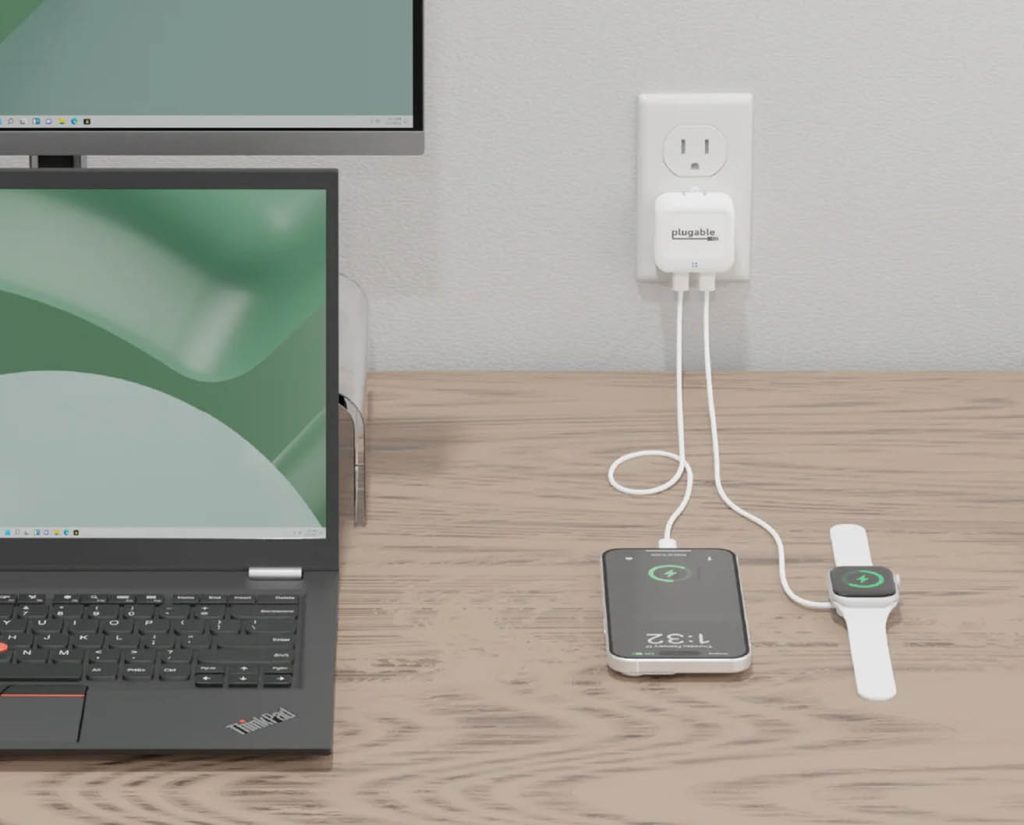
If you frequently need to connect external devices to your computer, such as a mouse, keyboard, or USB drives, you may not realize that constantly plugging and unplugging these devices can cause wear and tear on your computer’s ports. Incorrectly inserting cables or using poor-quality connectors can loosen ports and even cause damage.
To protect your computer’s ports, avoid frequently plugging and unplugging devices, especially when done forcefully. Use high-quality cables and connectors, and avoid cheap third-party accessories. Additionally, try not to expose your USB or other ports to the open air, as dust can easily accumulate inside.
These bad habits may seem harmless at first, but if they continue over time, they can seriously impact your computer’s performance and lifespan. By keeping your computer clean, avoiding overheating, managing your battery properly, ensuring electrical safety, and handling cables with care, you can effectively extend your computer’s lifespan. I hope everyone can recognize these small but significant details and avoid these mistakes to better protect your computer.
Recommended Products
- Anker PowerCore 10000: This portable power bank is perfect for laptop users, offering extra battery life for your devices, helping to prevent battery-related issues.
- Logitech MX Master 3S: This wireless mouse not only provides an excellent user experience but also helps avoid frequent plugging and unplugging of USB ports, which can protect your computer’s ports from wear and tear.

